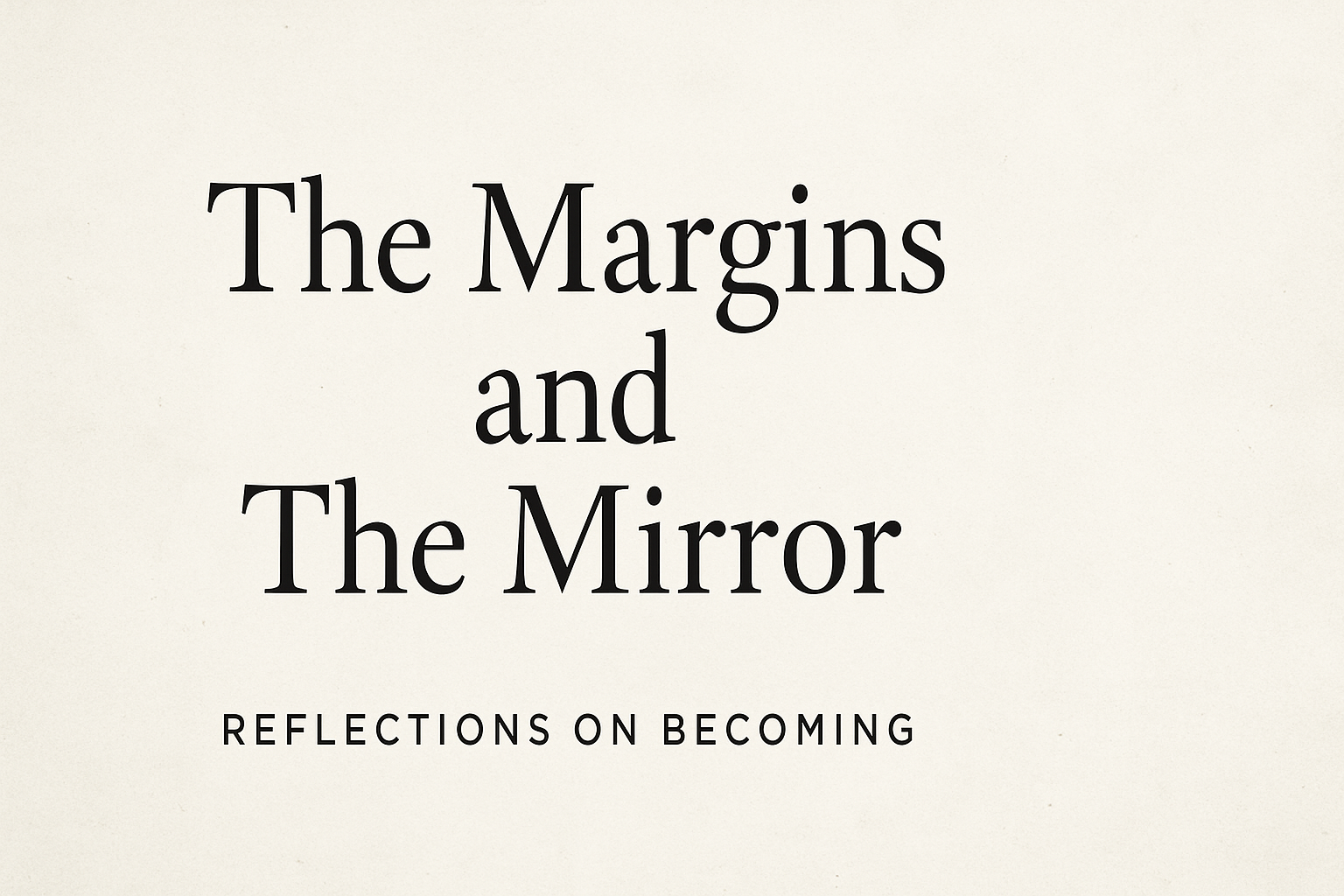Edge of the Abyss: What the NC Supreme Court Race Reveals About America’s Future

Part of the series: North Carolina Again and As Usual
Author’s Note – Urgent Update (May 1, 2025):
Since this piece was finalized, the North Carolina State Board of Elections has flipped from Democratic to Republican control following a partisan appointment by State Auditor Dave Boliek. This new GOP majority now has potential influence over the outcome of the still-uncertified NC Supreme Court race—heightening the stakes and deepening concerns about election integrity in the state.
The Contest That Never Ends
Allison Riggs leads. After multiple recounts, her narrow margin—734 votes—has held. And yet, the race remains uncertified, a hostage of delay tactics, legal challenges, and the now-familiar refusal to concede. Her opponent, Jefferson Griffin, echoes the Trump playbook: deny, deflect, and destabilize. He’s clinging not to hope, but to a strategy—a strategy designed not to win fairly, but to exhaust faith in the system altogether.
North Carolina now holds the dubious distinction of hosting the last uncertified statewide contest in the country. At the center of this standoff are ballots from military, overseas, and “never-resident” voters—votes long accepted in our democratic process, now conveniently cast in doubt. A federal appeals court has even paused the process of ballot curing while litigation continues, further delaying what should already be done.
What’s happening here is no longer just a political maneuver. It’s an ideological blueprint for how to unmake democracy—by questioning every loss, exploiting every loophole, and eroding every norm—until truth itself feels optional.
A State Built on Control
To understand how we arrived at this moment, we have to confront the patterns that have always existed. North Carolina didn’t stumble into political dysfunction—it was architected.
Redlining, gerrymandering, and redistricting were not isolated missteps; they were tools wielded to consolidate power and suppress participation.
Decades of discriminatory lending policies shaped where people could live, what schools their children could attend, and which communities had access to basic resources. These same lines, drawn in city maps and zoning policies, evolved into the gerrymandered districts that dilute Black and urban voting strength. Federal courts have intervened more than once, yet the manipulation continues under new names and new maps.
Now, with a judicial race in limbo and legal maneuvers stalling certification, we are watching the same old strategy in a new context: control at all costs.
There’s something especially corrosive when the person undermining the rule of law is not a fringe actor or partisan firebrand, but an officer of the very court he now refuses to respect.
Jefferson Griffin is not just a candidate—he is, as a judge, a sworn upholder of justice. And yet, here he stands, casting doubt on a process he has long been duty-bound to honor.
“What happens when an officer of the court decides the law only matters when it serves him?”
This isn’t just another political denial. It’s a breach of sacred trust. When a sitting judge rejects the outcome of a fair and verified election—one governed by the very institutions he serves—it sends a message that the law is no longer a shared foundation, but a tool of convenience. That integrity is conditional. That truth is optional.
And when that breach is met with silence from peers, institutions, and parties who know better? It signals something even more dangerous: complicity.
What’s at Stake
The legislative branch has long been ceding power—slowly, then all at once—to an executive branch that feeds on speed, spectacle, and unchecked authority. That leaves us, increasingly, with the judiciary as the last line of defense.
But what happens when even that line starts to crack?
This moment isn’t just about one seat on one court in one state.
It’s about whether the law still means something when the outcome isn’t favorable.
Whether rules hold when the powerful decide they no longer apply.
Whether we, as citizens, will recognize the slow creep of authoritarianism—not in some distant capital, but in our own backyard.
North Carolina isn’t just a battleground state. It’s a test case. And how we respond matters—not just for 2025, but for every year that follows.
The Edge Is Now
We like to believe democracy is self-sustaining. That the guardrails will hold. That truth will rise. But none of that is guaranteed.
What we’re witnessing in North Carolina is not a partisan fight—it’s a moral one.
It’s a reckoning with who we’ve been and who we’re willing to become. This isn’t a crisis of ballots—it’s a crisis of belief. And belief, once lost, is hard to reclaim.
Let this be a wake-up call, not a postmortem.
Because democracy doesn’t die in darkness. It dies in denial.
This Is One of Many Stories That Deserve the Light.
If this essay challenged, moved, or informed you—know that it’s just one part of a growing body of work dedicated to telling the truth, tracing power, and protecting what’s worth preserving.
To access the full North Carolina Again and As Usual series—along with exclusive commentary, deeper dives, and upcoming guides like Letters to the Future: The Young Truth Tellers Guide—join The Margins & The Mirror as a supporting member.
Robin Emmons
North Carolina Resident | Observer from the Margins
🌿 Sustainers help keep the work grounded and growing.
🕊️ Founders invest in the vision and receive early access, reflections, and more.
🌟 Patrons power the mission at the highest level—your belief becomes ballast.
Subscribe at the level that matches your means and your values.
Your support sustains independent, fearless writing in a time when it matters most.
👉🏾 You can learn more about how your can support the work here

